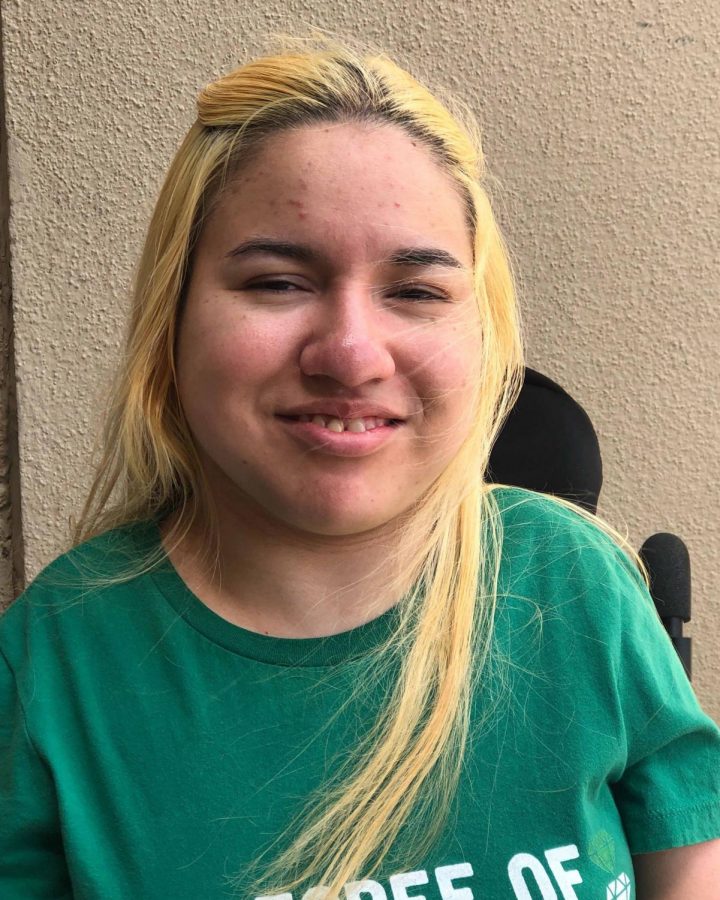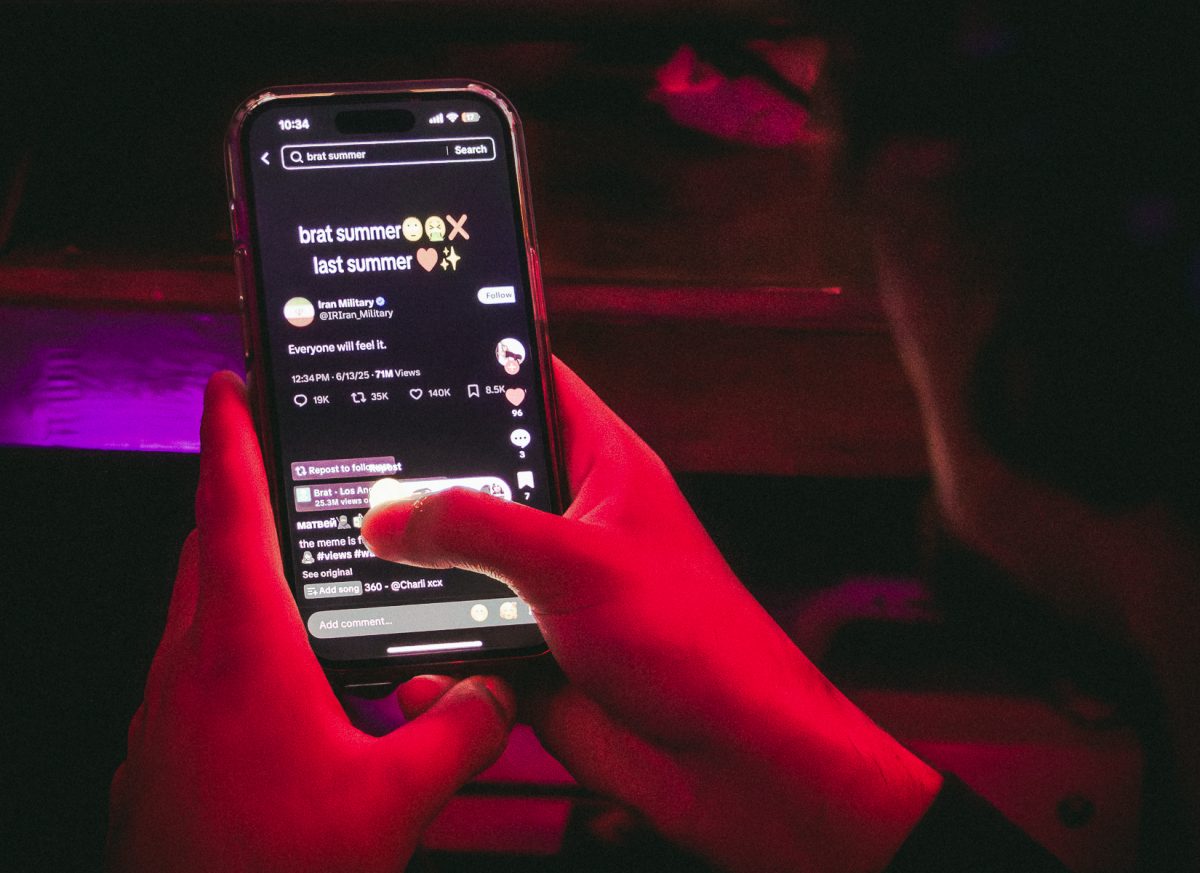In the wake of the El Paso shooting, a lot of media attention has rightfully focused on the victims and coming together as a community to get through the tragedy.
There has also been much debate and talk, as there is after every mass shooting in the U.S., over what can be done to prevent them in the future.
Gun control is often mentioned when discussing possible solutions but, more recently, there has been further stigmatization and marginalization of mentally ill people.
Almost immediately after the mass shooting that took place at El Paso’s Cielo Vista Walmart, there were cries to ban video game sales at the department store because some theorize that video games contribute to mental illness and that the violence seemingly perpetrated through those games inspires countless would-be shooters to carry out horrific acts.
The White House has even weighed the option of monitoring the phones and watches of mentally ill people in a bid to predict and prevent future violence, according to The Hill.
“We must reform our mental health laws to better identify mentally disturbed individuals who may commit acts of violence and make sure those people not only get treatment but, when necessary, involuntary confinement,” President Donald J. Trump said during a press conference in which he addressed the El Paso shooting. “Mental illness and hatred pulls the trigger, not the gun.”
However, in an article for the Associated Press, Carla K. Johnson wrote about experts’ response to these types of allegations, writing that “most people with mental illness are not violent, they are far more likely to be victims of violent crime than perpetrators.”
Mentally ill people are in a state of extreme oppression at this very moment and fear for their lives more than ever before. The constant attacks on this community only lead to more internal problems for these individuals.
As a society, we must know that mentally ill people are not the problem. Mentally ill people don’t go around shooting people left and right.
The El Paso shooting was brought about because a male white supremacist used Texas’ lax gun laws to wreak havoc on a specific minority community in this country: Mexicans, Hispanics, Latinos and immigrants.
He is evil, not mentally ill — there is a difference.
Several students who identify as mentally ill have sought the counseling services here at UTEP and elsewhere recently to get a grip on the recent comments regarding their condition.
I was able to talk with students who felt thee administration’s attack on people with mental illnesses on a personal level.
Some worried about the dangerous message that the White House is spreading, as if the country would be better off without them, while others wonder how someone could even think that mentally ill people would be capable of killing others when they have to take care of themselves.
I also asked these students what new UTEP President Heather Wilson could do to show more support for students with mental illnesses. They hope that our university’s president will stand up for them, even when other people are trying to put them down, silence their voice or diminish their importance.
Valerie Frederick may be reached at [email protected]





